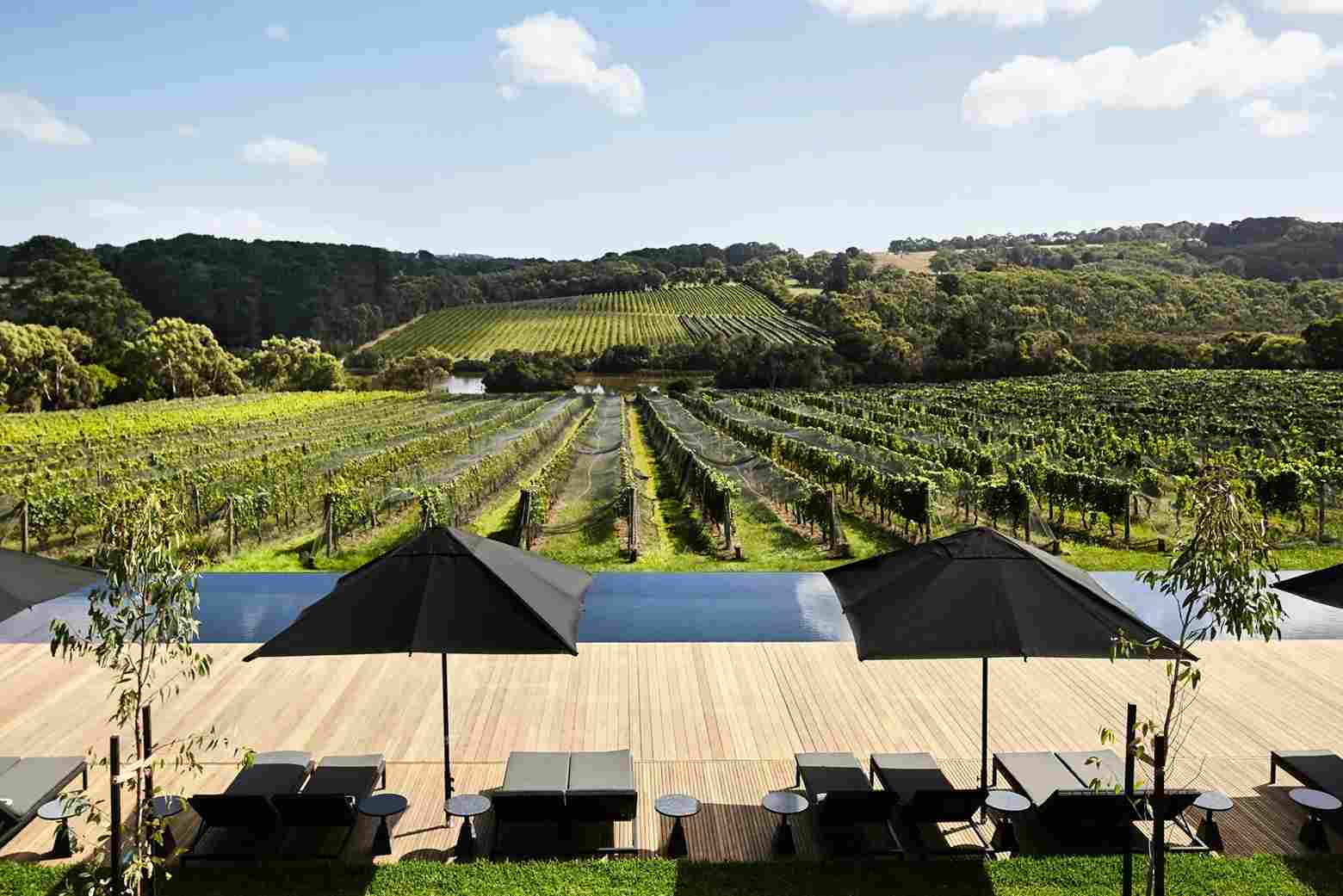The Eurozone, officially known as the euro area, is a monetary union of European Union (EU) member states that have adopted the euro (€) as their common currency and sole legal tender. This union aims to promote economic integration and stability among its members by facilitating trade, investment, and financial cooperation.
Evolution of the Eurozone
The Eurozone has a complex history that dates back to the establishment of the European Economic Community (EEC) in 1957. Over time, the EEC evolved into the European Union (EU), and in 1999, the euro was introduced as an electronic currency. Three years later, euro banknotes and coins entered circulation, marking the official launch of the euro as a physical currency. Since then, the Eurozone has expanded to include new member states and has undergone various reforms to strengthen its economic governance and institutional framework.
Criteria for Eurozone Membership
Countries aspiring to join the Eurozone must meet strict criteria known as the Maastricht criteria, which were established in the Treaty on European Union (1992). These criteria include factors such as price stability, sound public finances, exchange rate stability, and long-term interest rates. Additionally, candidate countries must demonstrate a high degree of economic convergence with existing Eurozone members and commit to adopting the euro once they meet all the necessary requirements.
Eurozone Member Countries
Let’s delve into the diverse economies that constitute the Eurozone.
Germany
Germany, the largest economy in the Eurozone and the fourth-largest in the world, plays a pivotal role in shaping its economic policies. Known for its robust manufacturing sector, particularly in automobiles and machinery, Germany is a major exporter and driver of economic growth within the Eurozone. The country’s strong emphasis on innovation, education, and technological advancement has contributed to its economic resilience and global competitiveness.
France
France boasts the second-largest economy in the Eurozone and is renowned for its diverse industrial base, including aerospace, automotive, and luxury goods. The country is also a leading agricultural producer and exporter, with a rich cultural heritage and a strong tradition of entrepreneurship and innovation. France’s close economic ties with Germany and its strategic location at the crossroads of Europe make it a key player in shaping Eurozone policies and initiatives.
Italy
Italy, despite facing economic challenges such as high public debt and sluggish growth, remains one of the world’s largest economies and a prominent member of the Eurozone. The country has a rich cultural and historical legacy and is known for its excellence in design, fashion, and cuisine. Italy’s diverse industrial sector, which includes automotive, machinery, and tourism, contributes significantly to its economic output and employment.
Spain
Spain, the fourth-largest economy in the Eurozone, has undergone significant economic transformation and modernization in recent decades. Despite experiencing the impact of the 2008 financial crisis, Spain has rebounded and diversified its economy, with strengths in sectors such as tourism, agriculture, renewable energy, and information technology. The country’s strategic location, vibrant culture, and dynamic workforce make it an attractive destination for foreign investment and business opportunities.
Netherlands
The Netherlands, known for its highly developed and open economy, serves as a key hub for trade, finance, and logistics within the Eurozone. The country’s strategic location, excellent infrastructure, and business-friendly environment have attracted numerous multinational corporations and international investors. The Netherlands is a global leader in sectors such as agribusiness, technology, and maritime services, contributing significantly to its economic prosperity and competitiveness.
Belgium
Belgium’s economy is characterized by its highly developed infrastructure, diversified industries, and strategic location at the heart of Europe. The country serves as the headquarters for numerous international organizations, including the European Union and NATO, and is a major center for trade, finance, and diplomacy. Belgium’s key industries include pharmaceuticals, chemicals, food processing, and services, with a strong emphasis on innovation, sustainability, and corporate social responsibility.
Austria
Austria, a small but prosperous country in Central Europe, has a highly industrialized and export-oriented economy. The country is renowned for its high-quality manufacturing sector, particularly in machinery, vehicles, and electronics. Austria also has a strong tradition of innovation and entrepreneurship, with a thriving startup ecosystem and world-class research institutions. The country’s strategic location, stable political environment, and skilled workforce make it an attractive destination for foreign investment and business expansion.
Portugal
Portugal, located on the Iberian Peninsula in Southern Europe, has made significant strides in economic reform and modernization since the sovereign debt crisis of 2010-2014. The country’s diversified economy is driven by exports, tourism, renewable energy, and services, with a growing emphasis on innovation, digitalization, and sustainability. Portugal’s strategic location, competitive business environment, and high-quality infrastructure make it an ideal gateway to European, African, and Latin American markets.
Greece
Greece, despite facing severe economic challenges and political turmoil in recent years, remains a member of the Eurozone and a key player in the Mediterranean region. The country has a rich cultural heritage, diverse natural resources, and strategic geopolitical importance. Greece’s economy is based on sectors such as tourism, shipping, agriculture, and renewable energy, with significant potential for growth and development. The government is committed to implementing structural reforms, attracting foreign investment, and enhancing competitiveness to ensure long-term economic stability and prosperity.
Ireland
Ireland, often referred to as the “Celtic Tiger,” has emerged as one of the fastest-growing and most dynamic economies in the Eurozone. The country’s strategic location, skilled workforce, low corporate tax rate, and pro-business policies have attracted numerous multinational corporations and technology companies. Ireland’s economy is driven by sectors such as information technology, pharmaceuticals, finance, and agriculture, with a strong emphasis on innovation, research, and development. The government is focused on sustaining economic growth, promoting sustainable development, and enhancing Ireland’s global competitiveness in the post-Brexit era.
Finland
Finland, located in Northern Europe, has a highly industrialized and knowledge-based economy. The country is renowned for its excellence in technology, telecommunications, forest products, and clean energy. Finland’s strong emphasis on education, research, and innovation has fostered a vibrant startup ecosystem and a culture of entrepreneurship. The country’s strategic location, advanced infrastructure, and high quality of life make it an attractive destination for talent, investment, and business development.
Slovakia
Slovakia, a landlocked country in Central Europe, has undergone rapid economic transformation and integration since joining the Eurozone in 2009. The country’s economy is driven by sectors such as automotive manufacturing, electronics, machinery, and services. Slovakia’s strategic location, skilled workforce, and competitive business environment have attracted significant foreign investment and trade opportunities. The government is committed to promoting innovation, digitalization, and sustainable development to ensure long-term economic growth and prosperity.
Slovenia
Slovenia, a small but prosperous country in Central Europe, has a highly developed and export-oriented economy. The country’s strategic location, excellent infrastructure, and skilled workforce make it an attractive destination for foreign investment and business expansion. Slovenia’s key industries include automotive manufacturing, electronics, pharmaceuticals, and tourism, with a strong emphasis on innovation, sustainability, and entrepreneurship. The government is focused on promoting economic growth, enhancing competitiveness, and fostering a business-friendly environment to support long-term prosperity and development.
Estonia
Estonia, located on the shores of the Baltic Sea in Northern Europe, has emerged as a global leader in digital innovation and e-governance. The country’s advanced digital infrastructure, streamlined bureaucracy, and pro-business policies have attracted numerous technology startups and multinational corporations. Estonia’s economy is based on sectors such as information technology, telecommunications, finance, and services, with a strong emphasis on innovation, cybersecurity, and entrepreneurship. The government is committed to promoting digitalization, sustainable development, and economic resilience to ensure long-term prosperity and competitiveness.
Cyprus
Cyprus, an island nation in the Eastern Mediterranean, has a small but resilient economy with a strategic location at the crossroads of Europe, Africa, and Asia. The country’s economy is based on sectors such as tourism, shipping, finance, real estate, and services. Cyprus’ strategic location, favorable tax regime, and high quality of life make it an attractive destination for investment, business development, and relocation. The government is focused on promoting sustainable growth, enhancing competitiveness, and attracting foreign investment to diversify the economy and create new opportunities for economic development.
Malta
Malta, located in the central Mediterranean Sea, has a small but dynamic economy with a strategic location between Europe, Africa, and the Middle East. The country’s economy is based on sectors such as tourism, financial services, manufacturing, and maritime services. Malta’s strategic location, English-speaking workforce, and business-friendly environment have attracted numerous multinational corporations and international investors. The government is committed to promoting economic diversification, innovation, and sustainability to ensure long-term prosperity and competitiveness.
Luxembourg
Luxembourg, a small but wealthy country in Western Europe, has a highly developed and diversified economy with a strong focus on financial services, investment funds, and e-commerce. The country’s strategic location, stable political environment, and favorable tax regime have made it a leading global financial center and hub for international business. Luxembourg’s economy is characterized by its high standard of living, low unemployment rate, and strong emphasis on innovation, entrepreneurship, and sustainability. The government is committed to promoting economic growth, enhancing competitiveness, and attracting investment to sustain long-term prosperity and development.
Latvia
Latvia, a Baltic state in Northern Europe, has a small but dynamic economy with a strategic location on the shores of the Baltic Sea. The country’s economy is based on sectors such as manufacturing, timber, agriculture, and services. Latvia’s strategic location, skilled workforce, and competitive business environment have attracted significant foreign investment and trade opportunities. The government is focused on promoting economic diversification, innovation, and sustainable development to ensure long-term growth and prosperity.
Lithuania
Lithuania, a Baltic state in Northern Europe, has a small but rapidly growing economy with a strategic location on the shores of the Baltic Sea. The country’s economy is based on sectors such as manufacturing, information technology, biotechnology, and services. Lithuania’s strategic location, skilled workforce, and competitive business environment have attracted significant foreign investment and trade opportunities. The government is committed to promoting economic growth, enhancing competitiveness, and fostering innovation to ensure long-term prosperity and development.
Eurozone’s Impact on Dubai
Dubai, as a global business hub, is impacted by the economic dynamics of the Eurozone.
Trade Relations
Dubai maintains robust trade relations with Eurozone Dubai, facilitating the flow of goods and services.
Investment Opportunities
Eurozone countries offer diverse investment opportunities for Dubai-based businesses and investors, ranging from real estate to technology startups.
Financial Markets
Developments in Eurozone financial markets influence investor sentiment and capital flows in Dubai’s financial sector.
Tourism
Many residents of Eurozone countries visit Dubai for leisure and business purposes, contributing to its vibrant tourism sector.
The Eurozone member countries collectively form a powerful economic bloc with diverse strengths and challenges. Understanding their dynamics is essential for businesses and investors, including those in Dubai, to navigate the global economy effectively. By staying informed and proactive, stakeholders can capitalize on the opportunities presented by the Eurozone while mitigating potential risks. Dubai’s strategic location, dynamic business environment, and connectivity to global markets position it as a key player in the Eurozone’s economic ecosystem, offering immense potential for growth and collaboration in the years to come.





















